Add to Wishlist
Core Microbiome: Improving Crop Quality and Productivity
By Ryan Shaw
Publisher: Alexis Press LLC
$135.00
ISBN 13: 979-8-89143-038-9
YEAR: 2024
eBOOK
Instant Delivery
SKU:
ALX-AG-038-9
Category:
Agriculture
Additional information
| Access Type | Download eBook, Read Only |
|---|
Be the first to review “Core Microbiome: Improving Crop Quality and Productivity” Cancel reply
You must be logged in to post a review.
Purchase now to read the book online.
Select optionsRelated products
Agricultural Technology
$135.00
A major turning point for agricultural technology is the Industrial Revolution, which introduced agricultural machinery to mechanize the labor of agriculture, greatly increasing farm worker productivity. In modern mechanized agriculture powered machinery has replaced many farm jobs formerly carried out by manual labor or by working animals such as oxen, horses, and mules. Advances in the 19th century included the development of modern weather forecasting and the invention of barbed wire. Improvements to portable engines and threshing machines led to their widespread adoption.
Agricultural Technology
$135.00
A major turning point for agricultural technology is the Industrial Revolution, which introduced agricultural machinery to mechanize the labor of agriculture, greatly increasing farm worker productivity. In modern mechanized agriculture powered machinery has replaced many farm jobs formerly carried out by manual labor or by working animals such as oxen, horses, and mules. Advances in the 19th century included the development of modern weather forecasting and the invention of barbed wire. Improvements to portable engines and threshing machines led to their widespread adoption.
Disciplines In Agriculture
By Willy Osborn
$135.00
Agricultural science is a broad multidisciplinary field of biology that encompasses the parts of exact, natural, economic, and social sciences that are used in the practice and understanding of agriculture. Professionals of agricultural science are called agricultural scientists or agriculturists.
Disciplines In Agriculture
By Willy Osborn
$135.00
Agricultural science is a broad multidisciplinary field of biology that encompasses the parts of exact, natural, economic, and social sciences that are used in the practice and understanding of agriculture. Professionals of agricultural science are called agricultural scientists or agriculturists.
Pests And Diseases
By Lee Palmer
$135.00
Together pests and diseases cause up to 40% yield losses every year. The animal groups of the most significant importance as agricultural pests are (in order of economic importance) insects, mites, nematodes, and gastropod mollusks. Insects are responsible for two major forms of damage to crops. First, there is the direct injury they cause to the plants as they feed on the tissues; a reduction in leaf surface available for photosynthesis, distortion of growing shoots, a diminution of the plant's growth and vigor, and the wilting of shoots and branches caused by the insects' tunneling activities.
Pests And Diseases
By Lee Palmer
$135.00
Together pests and diseases cause up to 40% yield losses every year. The animal groups of the most significant importance as agricultural pests are (in order of economic importance) insects, mites, nematodes, and gastropod mollusks. Insects are responsible for two major forms of damage to crops. First, there is the direct injury they cause to the plants as they feed on the tissues; a reduction in leaf surface available for photosynthesis, distortion of growing shoots, a diminution of the plant's growth and vigor, and the wilting of shoots and branches caused by the insects' tunneling activities.
Agricultural Economics
By Brook Fraser
$135.00
Agricultural economics is an applied field of economics concerned with the application of economic theory in optimizing the production and distribution of food and fiber products. Agricultural economics began as a branch of economics that specifically dealt with land usage.
Agricultural Economics
By Brook Fraser
$135.00
Agricultural economics is an applied field of economics concerned with the application of economic theory in optimizing the production and distribution of food and fiber products. Agricultural economics began as a branch of economics that specifically dealt with land usage.
Agriculture In Society
By Noel Frye
$135.00
Agrarian societies are dependent upon agriculture and have been around for more than 5,000 years. Imagine a society of farmers and you'll have a pretty good idea of what an agrarian society is all about. An agrarian society is a society whose economy and wealth are primarily based upon agriculture. Agrarian societies have been around for at least five thousand years. In fact, they still exist today. Nearly every civilization has spent some time as an agrarian society. The ancient Egyptian, Indian, Chinese, and Mayan societies were agrarian. Today, the poorest of the lesser-developed countries are pretty much agrarian societies.
Agriculture In Society
By Noel Frye
$135.00
Agrarian societies are dependent upon agriculture and have been around for more than 5,000 years. Imagine a society of farmers and you'll have a pretty good idea of what an agrarian society is all about. An agrarian society is a society whose economy and wealth are primarily based upon agriculture. Agrarian societies have been around for at least five thousand years. In fact, they still exist today. Nearly every civilization has spent some time as an agrarian society. The ancient Egyptian, Indian, Chinese, and Mayan societies were agrarian. Today, the poorest of the lesser-developed countries are pretty much agrarian societies.
Agriculture in the United States
$135.00
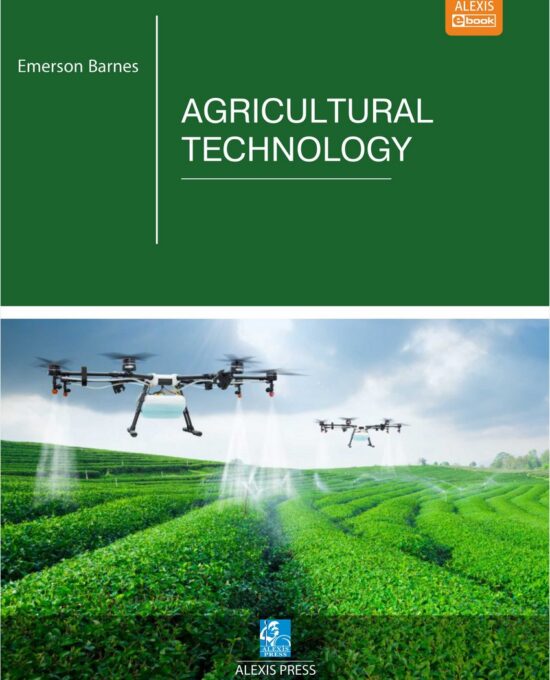
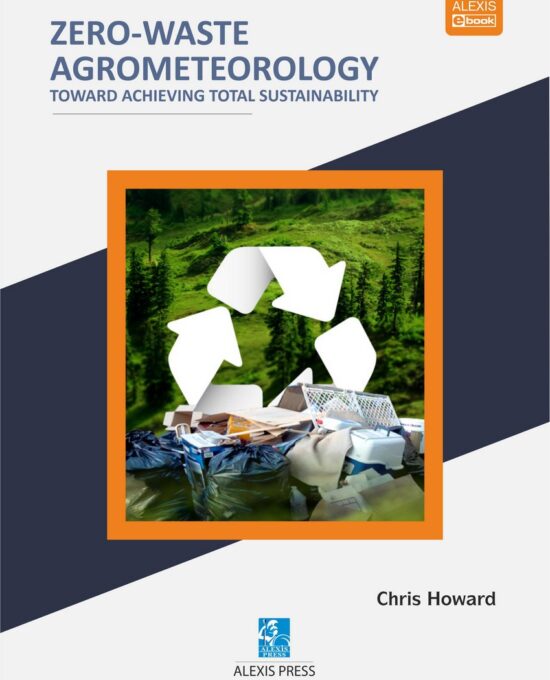
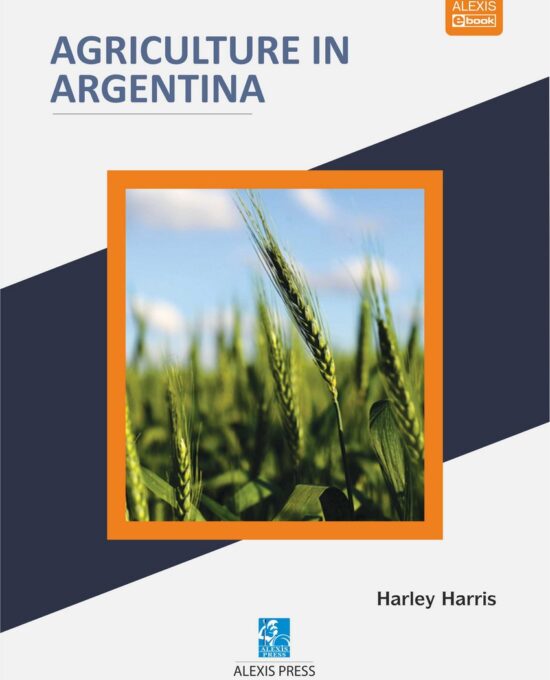
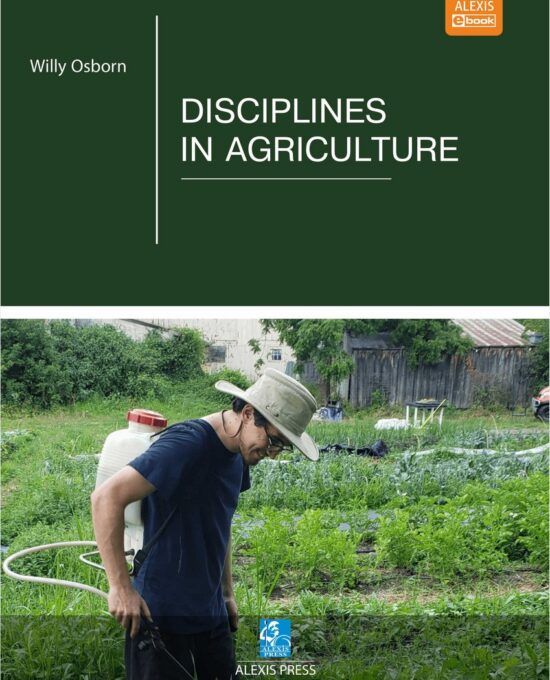
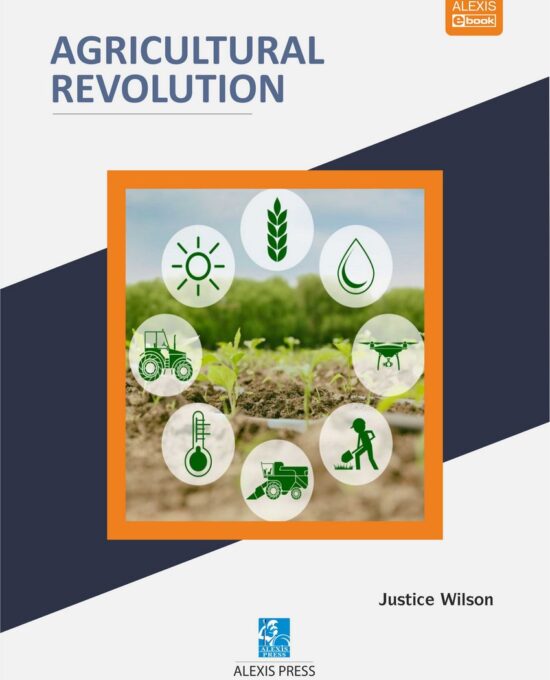
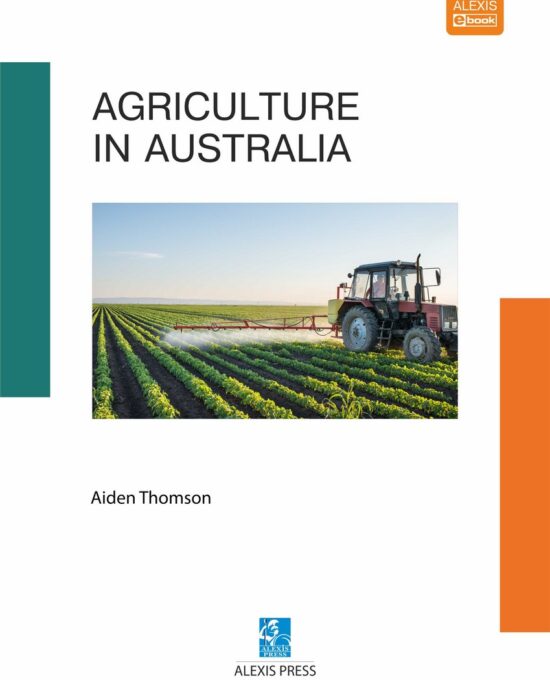


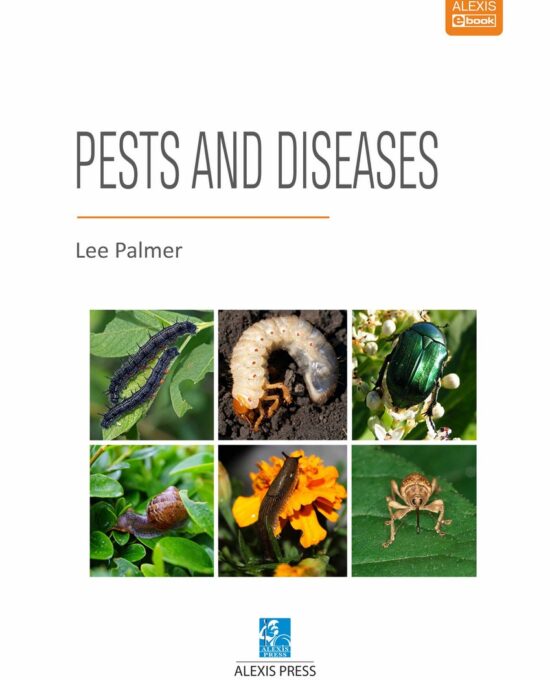
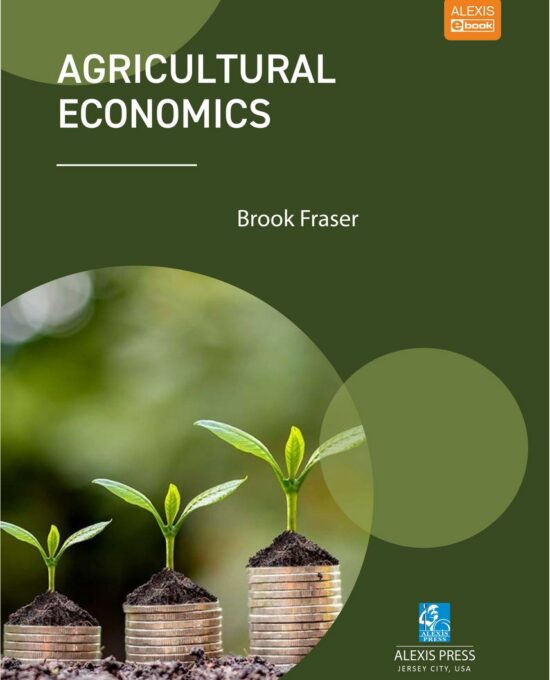
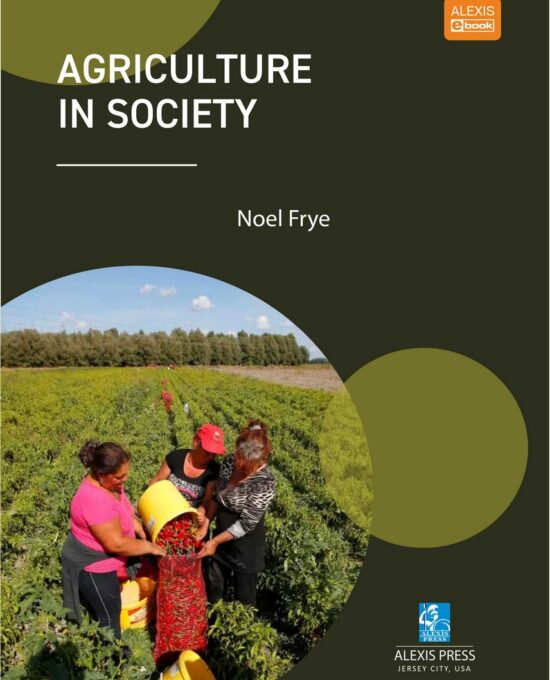
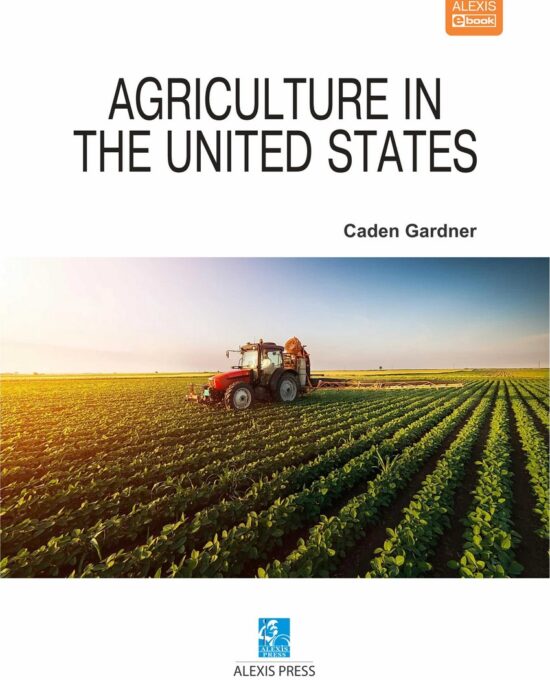
Reviews
There are no reviews yet.